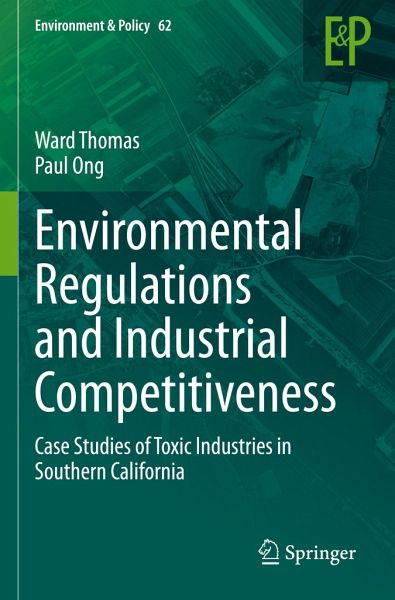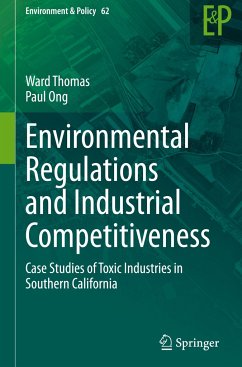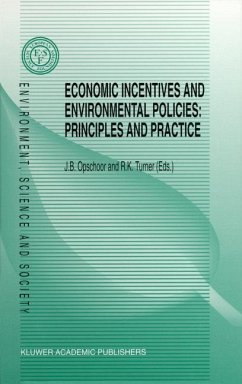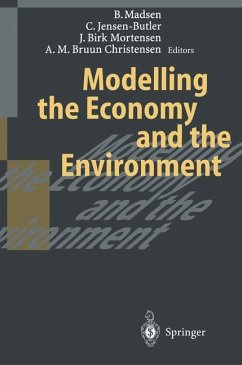
Environmental Regulations and Industrial Competitiveness
Case Studies of Toxic Industries in Southern California
Versandkostenfrei!
Versandfertig in 1-2 Wochen
77,99 €
inkl. MwSt.
Weitere Ausgaben:

PAYBACK Punkte
39 °P sammeln!
While polluting industries in the U.S. continue to emit billions of pounds of toxic chemicals into the air, land and water every year, many economists and policy makers argue that environmental regulations stifle economic growth and reduce the standard of living for the American people. This book takes a fresh look at this question through three case studies of highly regulated polluting industries in the Southern California region: metal finishing, wood furniture, and dry cleaning. The case studies are based on a mix of qualitative and quantitative methods, including in-depth interviews with ...
While polluting industries in the U.S. continue to emit billions of pounds of toxic chemicals into the air, land and water every year, many economists and policy makers argue that environmental regulations stifle economic growth and reduce the standard of living for the American people. This book takes a fresh look at this question through three case studies of highly regulated polluting industries in the Southern California region: metal finishing, wood furniture, and dry cleaning. The case studies are based on a mix of qualitative and quantitative methods, including in-depth interviews with corporate managers and environmental regulators. The authors find that there is no universal pattern for predicting the effects of environmental regulations on industrial competitiveness, but that the outcomes depend on the structure of the industry being regulated, the design of the regulations, and the technologies that are available for compliance. The book is written in straight forwardlanguage that is accessible to the non-economist and will prove an essential resource for academics and students of all levels, and professionals and policy makers in the fields of environmental policy and regional economic development.












